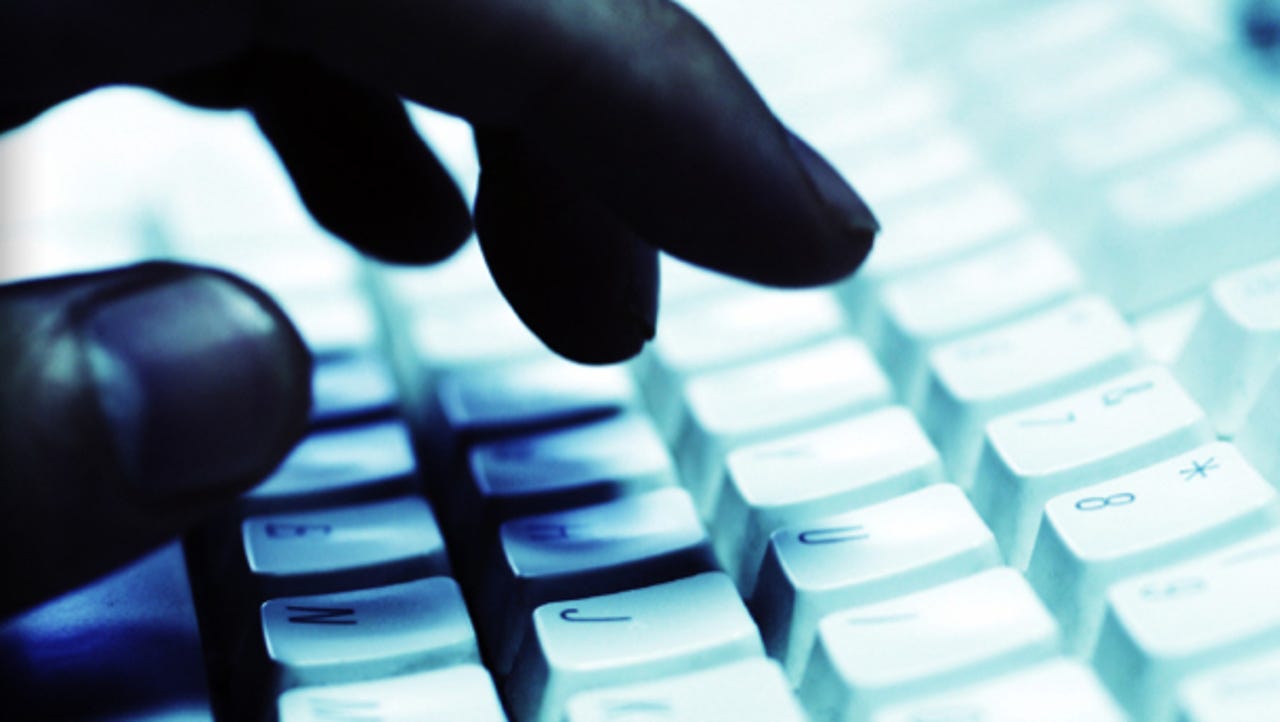Sony hack exposed social security numbers of Hollywood celebrities

Details of the Sony hack and data leaks continues to grow -- and the cyberattack appears to have been far more damaging than originally believed.
The attack on Sony's internal systems not only resulted in the defacement of websites belonging to the company, but Twitter accounts taken over and a message being left by a hacking group identifying themselves as "#GOP." It is believed the culprits behind the attack are called Guardians of Peace.
A few days later, sensitive data stored by Sony was leaked online, and remains downloadable through BitTorrent software. Passwords, mailboxes, personal employee data and passport copies are stashed away in the files. In addition, a number of movies yet to be released have been prematurely debuted to the masses through file-sharing -- including "Fury," "Annie" and "Mr. Turner."
In addition, it has now been revealed that Social Security numbers of over 47,000 current and former employees -- as well as Hollywood celebrities such as Sylvester Stallone -- have been posted online, according to the Wall Street Journal.
An analysis of 33,000 Sony documents by data security firm Identity Finder found that the personal data of current and former employees dating back to 2000 has been leaked, as well as one staff member who started in 1955. Freelancers have also been placed at risk.
Much of the data discovered by the security firm was stored en masse by the media giant in unprotected, unencrypted Microsoft Excel files.
According to analysis by Kaspersky Labs and other researchers, the malware launched against Sony bears resemblance not only to the "DarkSeoul" malware that struck South Korean companies last year, but the "Shamoon" wiper malicious code that struck Saudi Aramco in 2012.
Similar techniques and some of the same Windows drivers were used in these campaigns. In Sony's case, the malware used commercial software -- the RawDisk library -- to gain root access to disk hardware without administrative privileges. Once inside, the malware wiped systems clean.
Last week, the US Federal Bureau of Investigation (FBI) warned the enterprise that this malware is particularly violent. This cyberattack, which appears to go beyond even the devastating attack on Sony's PSN network in 2011, forced the firm to bring in FireEye's Mandiant forensics crew to clean up the damage.
In an email to staff members on Tuesday, Chief Executive Michael Lynton and co-chairman Amy Pascal described the theft of files as "malicious criminal acts."
A year of free credit monitoring is being offered to current and former employees.
It is believed that North Korea may be tied to the cyberattack on Sony, after complaints sent to the United Nations over the soon-to-be-release film "The Interview" were ignored. The film in question surrounds the story of two reporters who are enlisted by the CIA to assassinate North Korean leader Kim Jong-un.
When queried, officials from the country simply said "Wait and see."
Read on: In the world of security
- Sony Pictures corporate files stolen and released in cyberattack
- Amnesty's Detekt tool wants to help you thwart government spying
- Snapchat issues outright ban on third-party apps following 4chan hack
- Hackers infiltrate White House network
- Teen hackers charged with stealing $100 million in Army, Microsoft tech
- Analysis casts doubt on FBI claims over Tor website seizures
